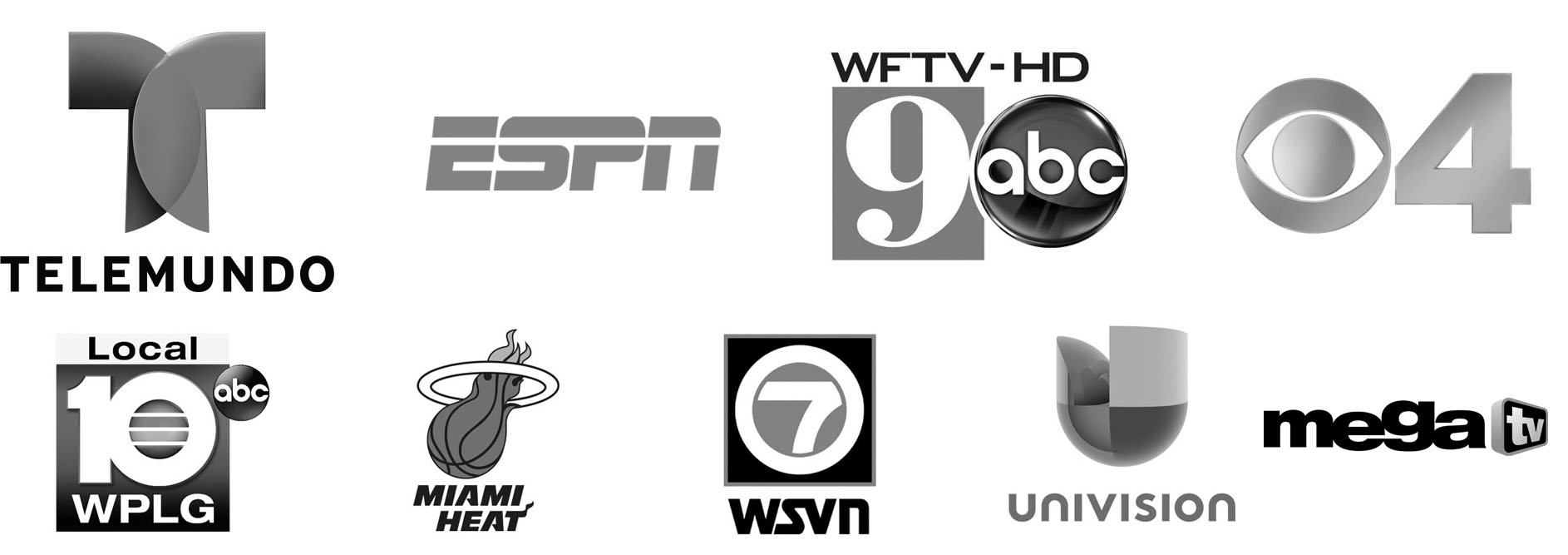
In a perfect world, your medical insurance would cover most of these costs. After all, isn’t that why you have insurance?
The disheartening reality is that health insurance typically covers only a fraction of the bills you’ll receive after an accident or a serious illness. Your insurer may refuse to pay more on your claims, and the hospital and doctor are demanding that you pay their bills.
This situation causes lots of stress and many sleepless nights. If medical bills are forcing you into debt or you are considering bankruptcy, then it’s the right time to speak with a medical bills negotiation attorney.
Anyone who has battled an illness or been the victim of an accident knows how incredibly expensive medical care is in the U.S. A simple broken arm can easily cost $3,000 or more to treat. Staying in a hospital frequently costs $3,500 per day, and if you have a heart attack, the bill could quickly run up to $20,000 or more.
Of course, health insurance does help to defray these costs, but it typically covers only a portion of the expenses.
Hospitals know this, so they inflate their bills. This means that they can get paid more by the insurance company and bill the patient for astronomical amounts. The insurance company charges the patient higher premiums to cover their extra costs. It’s a never-ending cycle in which the average consumer always loses.
When you can’t afford to pay your hospital bill all at once, you’ll get numerous nagging phone calls from their billing department. You can explain that you don’t have the money to pay it or tell them that you’re working with a personal injury attorney trying to recover compensation for you after an accident.
However, the hospital may file a lien against you. Potential creditors can see this lien on your credit report, which means that the rest of your financial well-being may suffer.
We will thoroughly review the care you received and the resulting medical bills. We work hard to identify the portions of your statements that are grossly inflated.
We look for evidence of these excessive costs and cases where a hospital may have double-billed or engaged in balance billing. This is an unethical practice in which the hospital bills the patient for the difference between the amount covered by the insurance provider and the total billed amount.
When you hire our medical bills negotiation attorneys, you are retaining the services of seasoned professionals who are adept at reviewing your hospital and doctor bills. This means that we occupy a solid position from which to begin negotiations.
Are you drowning in medical bills? If so, you don’t need to lose any more sleep. Call Your Insurance Attorney to enlist the help of a hospital bills negotiation lawyer.
We can step in to help you at any time during the process. Whether you drained your savings to keep up with your medical bills or just received an unpleasant shock when you opened your mail today, we are ready to review your case for free.
Every situation is unique; that’s why you need to talk with our experts today.

If you’re worried about having to pay an attorney when you’re already struggling to pay your medical bills, erase that worry from your mind. Your Insurance Attorney doesn’t accept a penny in payment from you unless we prevail in your case.
Our sole concern is to ensure that your medical bills get reduced. You may get back some portion of the money you’ve already paid, and a significant amount may reduce the money that you owe to the hospital.
How can I get help to verify
that my health insurance
should’ve paid or covered
my medical treatment?
What should a person do
if they get a medical bill that
they thought was covered
by insurance?
What are some of the
common excuses insurance
companies make to deny
health claims?


2300 Maitland Center Parkway
Suite 122
Maitland, Florida 32751
180 E Ocean Blvd
Suite 1100
Long Beach, CA 90802
We truly care about getting the best results for you. Our goal is to help you through powerful representation from start to finish. We work with clients all over the states of Florida, Georgia, Colorado, North Carolina, and California.